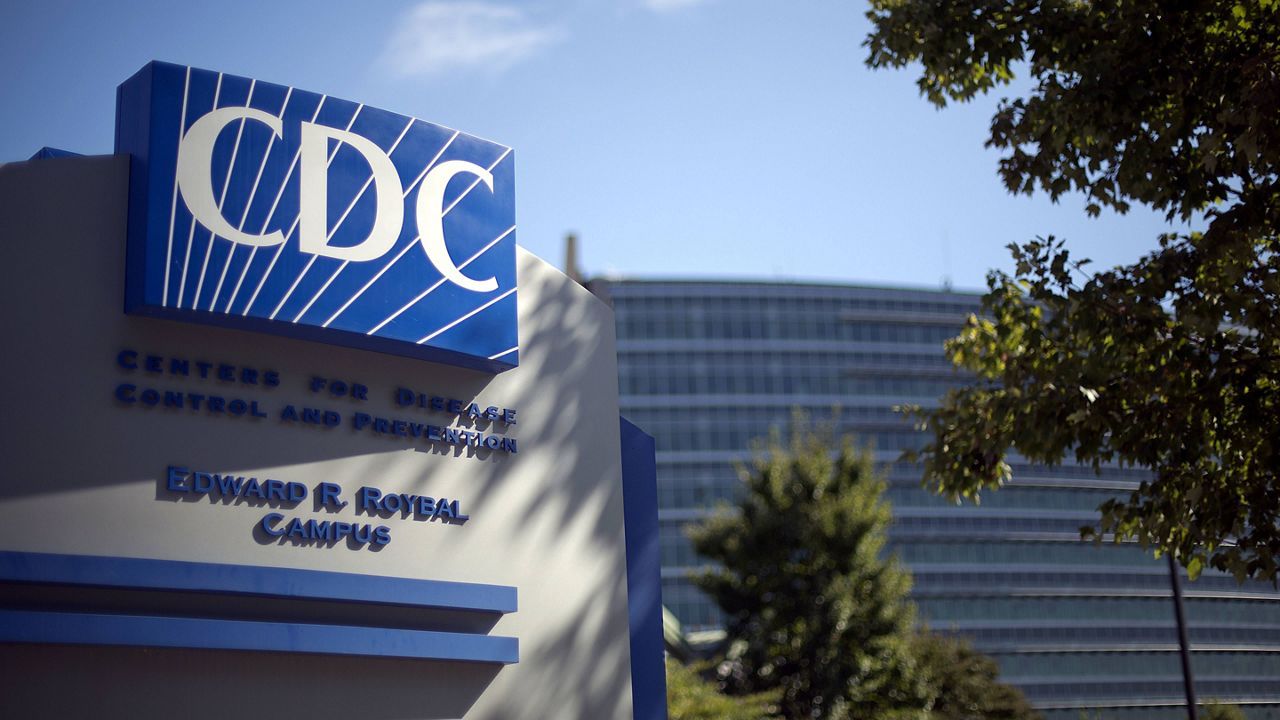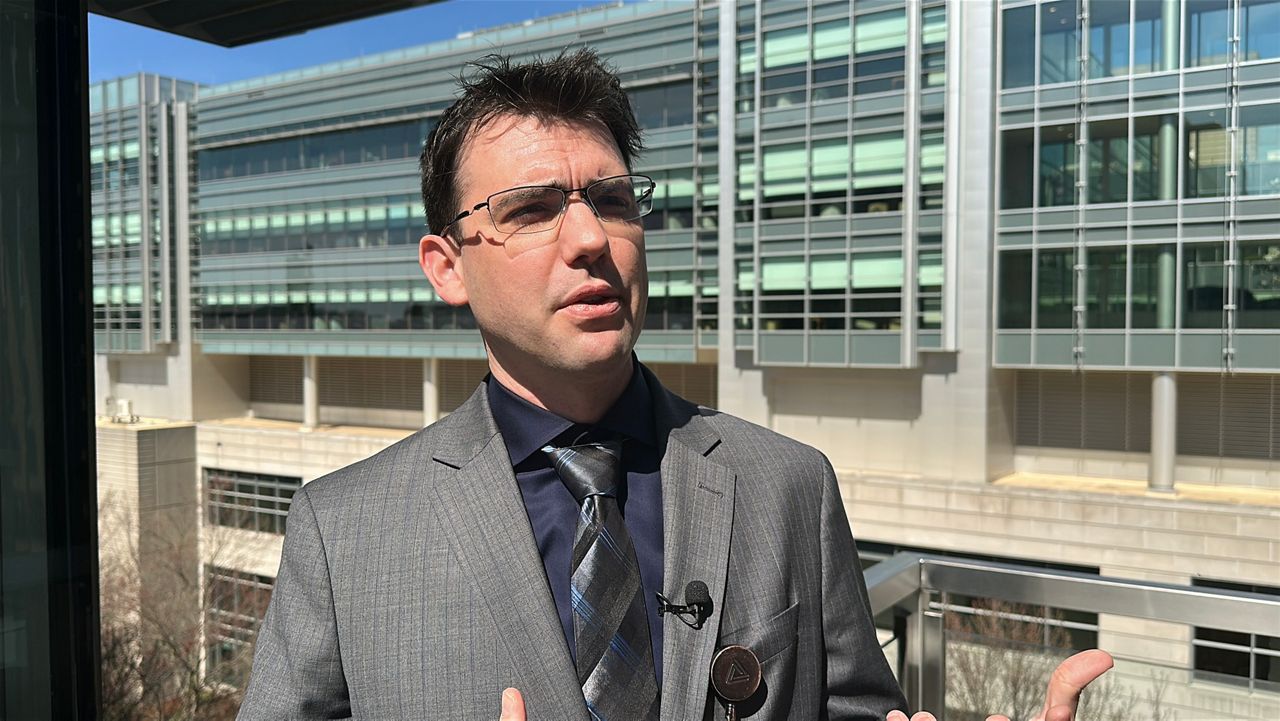LILLINGTON, N.C. — Expanding access to contraceptives continues across the state as North Carolina health leaders stress you can address reproductive health needs without requiring a doctor’s prescription.
N.C. Department of Health and Human Services Secretary Kody Kinsley, along with the NCDHHS State Health Director and Chief Medical Officer Dr. Elizabeth Cuervo Tilson, showed up at a pharmacy roughly an hour from Raleigh to support this mission on Tuesday.
“More than 50% of our pregnancies in North Carolina are unintended,” Cuervo Tilson said. “And we know that when we can empower people to be able to make choices of when it’s the right time for them to have babies, it really is an amazing way to improve people’s empowerment, their decision-making, their independence."
Being part of that stated freedom is why Stacie Hogan said she was glad to host the caravan of people to Hogan’s Pharmacy. She sees being a pharmacist as a lifelong calling.
“I love the independent pharmacy feel and being able to offer enhanced services to patients,” Hogan said.
Hogan co-owns the smalltown drug store with her husband, and the pair bought it together in 2014.
She said she entered the field in 1995.
“At that time, it was more of the traditional pharmacist roles. Pharmacy has changed tremendously over the last 20-something years,” Hogan said.
Whether it’s packaging, compounding or delivering medicines, she said their pharmacy is there for birthdays, deaths and all of life’s experiences.
“We wanted to be that hometown pharmacy where patients know that we care about them, their families. We get to know about them,” Hogan said.
She said being a trusted voice for medical advice in Lillington includes letting the community know women can fill their birth control medicines without visiting an OB-GYN first.
“These are now ones (oral contraceptive medicines) patients can have access to through their local pharmacies. Patients can come, we'll do it on an appointment-based model. They can come in, and we can sit down with them, go over the different types of contraceptive options that are available to women,” Hogan said.“These are now ones (oral contraceptive medicines) patients can have access to through their local pharmacies. Patients can come, we'll do it on an appointment-based model. They can come in, and we can sit down with them, go over the different types of contraceptive options that are available to women,” Hogan said.
It’s why top health leaders are promoting the ongoing expansion of reproductive medicine across the state and the 84 counties where state health leaders said it’s already happening, including behind Hogan’s counter.
“It's just a way for them to have increased access to contraceptive care,” Hogan said.
One of the reasons Hogan and her husband said they're so excited about the increased expansion of women's contraceptives is that they feel it embraces the role of independent pharmacies as critical medical providers in rural communities.
“We just try to offer services to help patients within our community and serve them better,” Hogan said.
Part of that care is providing counseling, determining with the patient what medication works best for them and guiding women through the process of understanding what contraceptives are available.
“And just these enhanced services, something that we try to pursue to give, you know, high-quality care to our patients,” Hogan said.
The NCDHHS provided a county-by-county breakdown of independent, chain, Walmart and more pharmacies around the state to show participating pharmacies.










